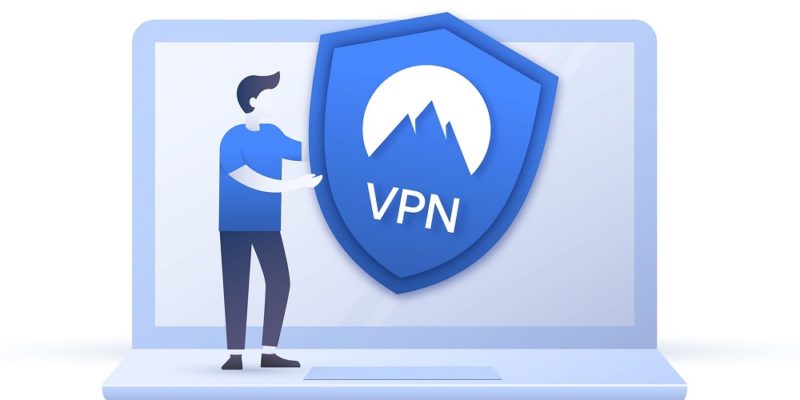 Web-Tracking ‘Cookies’ Meant to Protect Privacy: Inventor
Web-Tracking ‘Cookies’ Meant to Protect Privacy: Inventor
California-based engineer and entrepreneur Lou Montulli said the original “cookie” he created decades ago was intended to make life online easier by letting websites remember visitors. Yet the technology has become a lightning rod, attacked for helping tech companies collect data on consumers’ habits key to the targeted web ad business that makes many billions…



